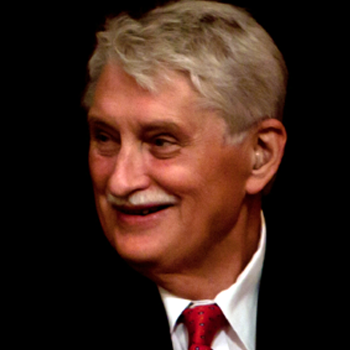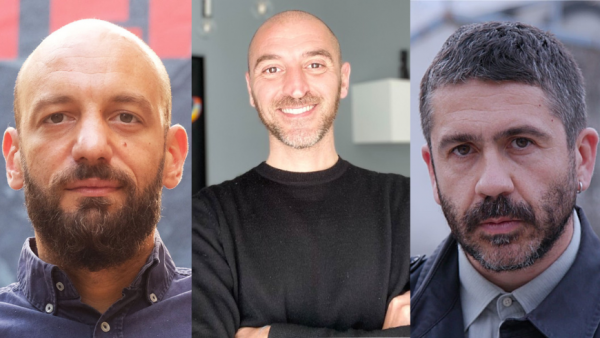Jiri Dienstbier was a foreign policy commentator for Czechoslovak Radio before Warsaw Pact forces invaded his country in 1968, after which he was forced to work as an archivist, a night watchman and a boiler attendant to make a living.
From 1969 until the fall of the communist regime in 1989, he published underground, or samizdat, journals, and was among the first signatories of Charter 77, the human rights movement active in Czechoslovakia from 1977 to 1990, and twice its spokesman. In 1988, he co-founded the country’s leading underground newspaper, Lidové Noviny (People’s News), which went on to become the Czech Republic’s most influential independent daily.
Dienstbier was born on April 20, 1937, in Kladno, Czechoslovakia. Educated at Charles University in Prague, he worked with Czechoslovak Broadcasting from 1958 to 1969 as an editor, commentator and foreign correspondent in the Far East, France, the United Kingdom and the United States. After the Soviet invasion of Czechoslovakia in August 1968, Dienstbier was expelled from the Journalists’ Union in 1969 and dismissed from broadcasting in 1970. More than 1,500 members of the Union were expelled during the so-called normalisation between April 1969 and the beginning of 1972, a measure equivalent to the removal of their livelihood. Forced to make ends meet, Dienstbier worked in the archives department of an engineering company, as a watchman and as a boiler attendant until 1989.
In 1979, as a member of the Committee for the Defence of the Unjustly Persecuted (VONS), Dienstbier was arrested and imprisoned for three years along with Václav Havel and other VONS members. From 1969 to 1989, he published and edited clandestine samizdat journals, including Ctverec (The Square), a periodical on international politics, and wrote secretly for the foreign press on domestic and, especially, foreign policy issues. During this period, he maintained numerous international contacts with members of Western governments and parliaments, independent civic organisations in the communist states and with foreign academics and journalists. Speaking at the 39th IPI General Assembly in Bordeaux, France, in 1990, he said, “The influence of samizdat newspapers in Czechoslovakia was strengthened by cooperation with the world media and international press organisations. Without this understanding from members of the international community, we could never have succeeded.”
Dienstbier was one of the prominent Czech intellectuals centred around the dissident group Charter 77, which called for greater civil and political freedoms and helped prepare the political changes that led to the end of 40 years of communist rule in 1989. Named after the Charter 77 document that petitioned the Czechoslovak government to adhere to international agreements on human rights, the Charter 77 movement drew attention to human rights violations in Czechoslovakia and was a regular source of reports for Western news media. Although Charter 77’s intention was “to conduct a constructive dialogue with the political and state authorities,” the government responded by harassing and persecuting the signatories of the document, many of whom lost their jobs.
In November 1989, when Czech opposition groups led by the Charter 77 movement formed a pro-democracy coalition called the Civic Forum, Dienstbier acted as the first spokesman of its coordinating centre. Following mass demonstrations for greater freedom during the Velvet Revolution, the communist government stepped down and the new government began negotiating with the Civic Forum. In December, Václav Havel, the Charter 77 leader, was elected the first non-communist head of state since 1948. Dienstbier was appointed Minister of Foreign Affairs on December 10, 1989, and acted as both Foreign Minister and Deputy Prime Minister of Czechoslovakia until 1992.
Dienstbier was a chairman of the editorial board of the paper that symbolised the Velvet Revolution, the samizdat monthly Lidové Noviny, which began publishing openly in January 1990, for the first three months twice a week and since April 1990 as a daily.
He continued to be involved in the field of freedom of expression and information as the United Nations Special Rapporteur on human rights in Bosnia and Herzegovina, the Republic of Croatia and the Federal Republic of Yugoslavia, a post he held from 1998 until 2001. In 2005, he became a trustee and director at the Reuters Founders Share Company, where he worked to preserve media independence, integrity and freedom.
Jiri Dienstbier died after a long illness on January 8, 2011 at the age of 73.



